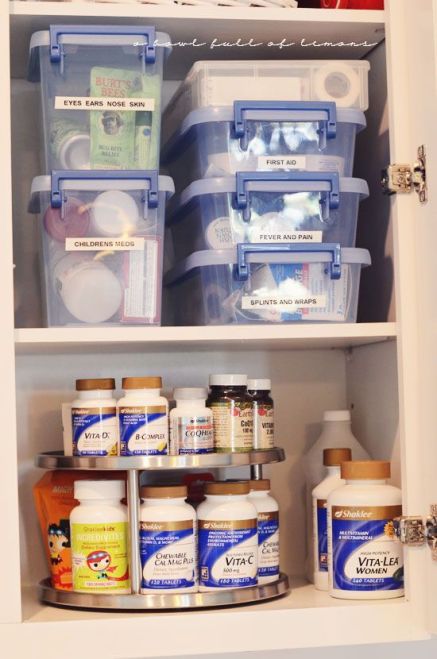One of the most challenging things to do in our adult lives will be dealing with our aging parents. Many of us are sandwiched between elderly parents and young children. Nearly half of adults in their 40’s have a parent age 70 or older and we are also either raising a young child or financially supporting a grown child. Take a breath ‘cuz it’s a lot to handle!
It’s time to face the reality and be as well equipped as possible to deal with the responsibilities that come with caring for parents and children simultanously.
Besides dealing with the usual unknowns of daily life, taking care of our parents may quickly become a daily responsibility. One of the hardest things to do will be to convince a parent to move out of their long-time home or get the care they need. Often they get to a point where they cannot live on their own and they will need more support.
Here are a few basic tips to use and to help things stay in perspective while in this extremely difficult process.
IMPORTANT ITEMS TO DISCUSS:
CAREGIVING – Caregiving is a family affair. Often the child who lives closest to the parent is going to handle most of the burden simply because of proximity. It is important to gather your brothers, sisters, children and uncles and aunts together to address an ailing loved ones needs. It is good to have a meeting and discuss the problem, without the parent present, and be realistic about the situation.
THE FUTURE: It’s never too early to start to have regular conversations about what the future holds. Approach it as your problem instead of your parent’s problem, If you tell them ‘you have to do this, or do that’, you’ll lose them. Instead say something like, ‘Mom, I’m concerned about you; it makes me worried to see you like this.'” Share your concerns from YOUR perspective and try to get a plan in place.

POWER OF ATTORNEY: Important items to address include financial issues and who will act as the elder’s durable power of attorney for health care. “One of the most important things is to decide who will make the critical decisions,”. Typically a family approach is recommended where one capable person be appointed as the elder’s primary advocate. This person, whether a son or daughter or adult grandchild, should be in charge of financial decisions and act as the elder’s durable power of attorney for health care.
FINAL WISHES:
Although difficult, take the time to talk to your parent(s) about their final wishes. Do they have plans already made or do they avoid the discussion like the plague? The more you know, the less you have to worry about the “what if’s”. Traditions, buriel/cremation plans, financial situations and any other wishes should be discussed and ideally documented.
The more open and honest everyone is the better the outcome. This is often a challenging time for most families but you need to try and look at the bright side. Life is short, the people that drive you crazy are the ones you’re going to miss the most!
Try to stay present, get support, communicate effectively (not emotionally) and be grateful every day. It’s also good to keep in mind the way you treat/talk about your parents in front of your children. They are also learning about caring for people and what they see from you sets the tone for their general compassion.
Try to come from a place of love. This is what being an adult is all about!




